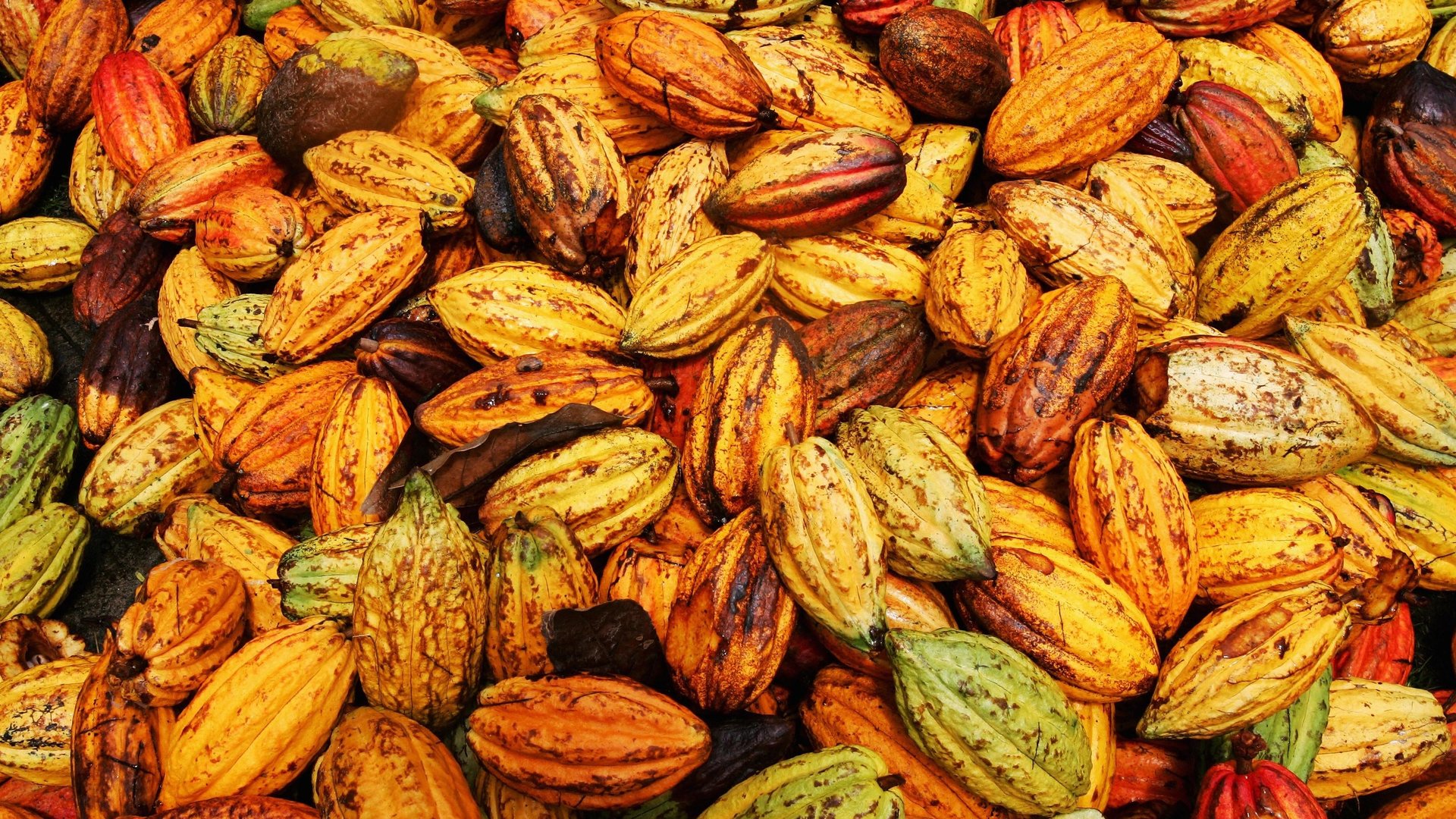Cocoa prices have fallen 30% in just a couple weeks
The commodity is finally reversing course from a record spike

After starting the year on a tear that put the fear of God in Easter baskets everywhere, cocoa prices are backing sharply off record highs. Futures for the commodity have dropped nearly a third from the place it was at just a few weeks ago. It’s trading at just under $8,000 a metric ton. That’s still nearly double where it started the year, but considerably lower than the $11,461 mark it reached on April 19.
Suggested Reading
Related Content
On an earnings call last month, Peter Feld, CEO of Swiss chocolate processor Barry Callebaut, laid out all the reasons behind the dramatic increase:
There is literally a supply reasons behind that, initially we know that the weather obviously was impacting the crop volume in Côte D’İvoire as well as in Ghana significantly in the main crop last fall, that was probably the first element.
The second element that led to these price spikes were driven by large industrial players ordering very late, actually very, very late. And that whole situation then got amplified on top by hedge fund activity that actually played on top. So the thing went vertical.
Periods of intense rain followed by drought in West Africa have reduced crop yields, in addition to swollen root disease that is affecting the health of cocoa trees. But the Financial Times noted that because cocoa prices were so much lower for a long time before the recent spike, farmers didn’t have the money to address the issues.